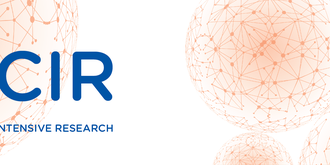Tag Query Results
Digital Health
We help advance medical research by facilitating the use of HPC resources and building connections between medical and technical domains via networking events and training workshops.

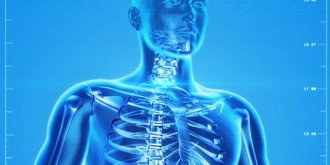
Digital Humanities
There is growing interest in employing computationally intensive research methods in the Humanities and using HPC to expand the possibilities for research.


University Theme Leads
The N8 CIR has an academic lead for its three key themes at each institution across the N8 partnership. For you to easily find who to contact locally, their names and links to their university research pages are given here.

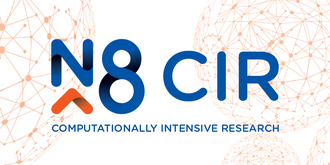
Research Communities
Communities based on our digital health, digital humanities and machine learning research themes are growing. Click on your institution to find further information on the theme leads, research groups, resources, and local events that may be of interest.


RSE Support for Bede
The support of research software engineers will be vital to ensuring that researchers can maximise the benefits of Bede's unique Power 9 and GPU architecture. This page provides information about how to contact the Bede RSE specialists at your institution.


Research Projects using Bede
Bede Projects at Durham University
Introducing research projects running on the Bede supercomputer from Durham University


Durham University
Durham University

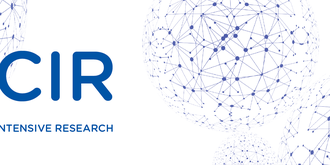
Arthur Chai
Arthur Chai is a 4th year civil engineering student at Durham University. He intends to pursue a PhD in numerical geotechnical engineering. His 4th year undergraduate dissertation tutor recommended the internship to him as a way of developing his skills before starting the PhD.

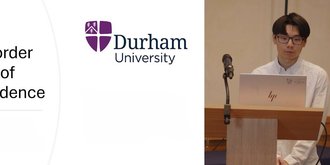
Samuel Waugh
Samuel graduated with a first class honours degree in Computer Science from the University of Durham. He completed this project following graduation.

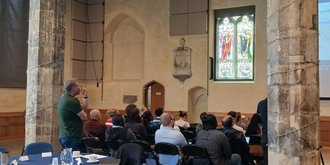
Prof Mark Wilson

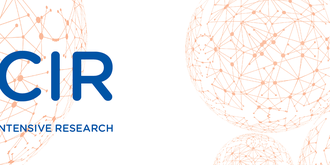
Halim Kusumaatmaja

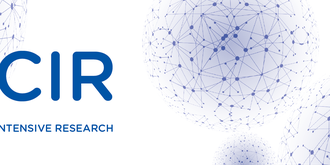
Toby Breckon
Tony discusses the work of his research team, which focuses on computer vision and robotic sensing.


Stephen Cox
Ed Ruck-Keene
Ed discusses the development of the Advanced Research Computing (ARC) group at Durham University.





